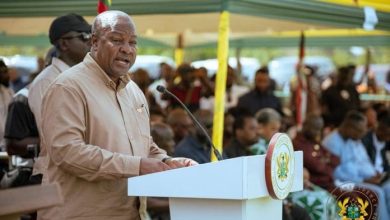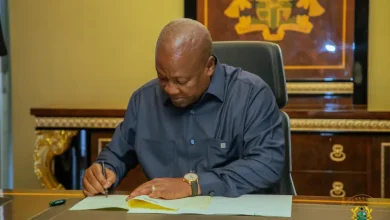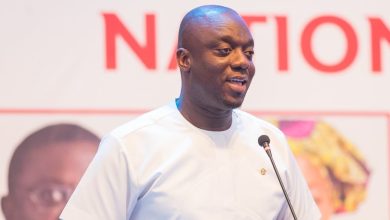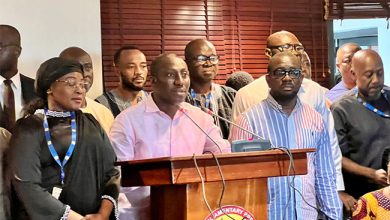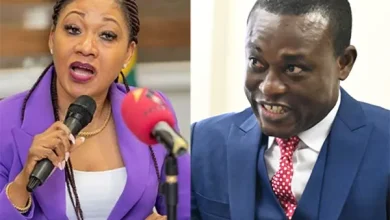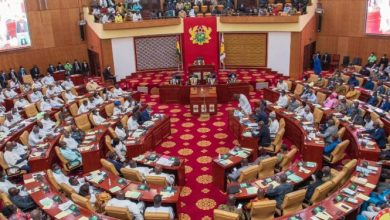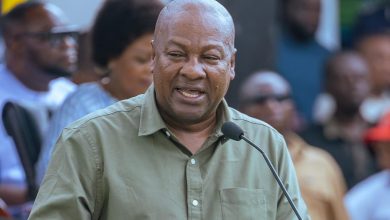Election Petition: Supreme Court’s ruling problematic – Tsatsu Tsikata
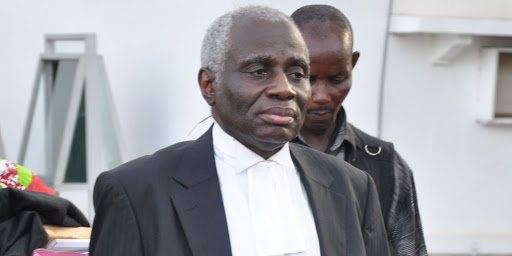
Tsatsu Tsikata, lead counsel for John Dramani Mahama in the Election 2020 petition, has stated that the final verdict of the Supreme Court in the case is “problematic.”
Speaking in a yet-to-be televised interview with KSM for the first time after the judgment, Tsikata insisted there is still no constitutionally elected president of Ghana based on the Electoral Commission chairperson’s declaration on 9 December.
“What I think is most problematic about the judgment is that we have a situation in this country now, where if you base yourself on the declaration that was made by the chairperson of the Electoral Commission as we all heard, the number that she gave, there was not a constitutionally valid declaration because no candidate got 50%,” the veteran lawyer told KSM.
Double victory
The Supreme Court on 4 March by a unanimous decision affirmed the victory of President Akufo-Addo in the 2020 presidential election.
“The petitioner has not produced any evidence to rebut the presumptions created by the publication of CI 135 for which his action has failed. We have, therefore, no reason to order for a rerun … we accordingly dismiss the petition as having no merit,” Chief Justice Anin-Yeboah ruled.
With this unanimous, seven-member decision, the Supreme Court dismissed the petition.
The court determined that the petitioner had based his case on an error made by the chair of the Electoral Commission during the declaration of the election result on 9 December 2020, but that the error could not void the will of the people in electing a president.
The Supreme Court also held that the error made by the EC in using total votes cast as the basis for reckoning the total valid votes during the declaration was corrected and that the correction was made in accordance with the law
The petitioner, John Mahama, had claimed that none of the candidates who stood in the presidential election had obtained more than 50% of the votes cast.
Mahama alleged that the second respondent, President Akufo-Addo, won the election through vote padding.
He also claimed the candidate had benefited from arithmetical and computational errors. He concluded that the EC’s declaration of President Akufo-Addo was unconstitutional, given that he did not obtain more than 50% of the votes cast.
What the petitioner wanted
Mahama wanted the Supreme Court to rule that the presidential election result as declared by the EC chairperson, Jean Mensa, was in breach of the constitution.
He was further asking the court to annul the results of the polls and order the EC to organize a run-off between himself and President Akufo-Addo.
Before trial commenced the Supreme Court set the following issues for determination:
- Whether or not the petition disclosed any reasonable cause of action.
- Whether or not based on the data contained in the declaration of the 1st Respondent (EC), no candidate obtained more than 50% of the valid votes cast as required by Article 63 (3) of the 1992 constitution.
- Whether or not the second respondent still met Article 63 (3) of the 1992 constitution threshold by the exclusion or inclusion of the Techiman South presidential election results of 2020.
- Whether or not the declaration by the first respondent dated 9 December was in violation of Article 63 (3) of the 1992 constitution.
- Whether or not the alleged vote-padding and other errors complained of by the petitioner affected the results of the 2020 presidential election.
However, reading the ruling of the Supreme, Chief Justice Anin-Yeboah, said the petitioner did not meet terms in any of the five areas to determine the case outlined by the court.


